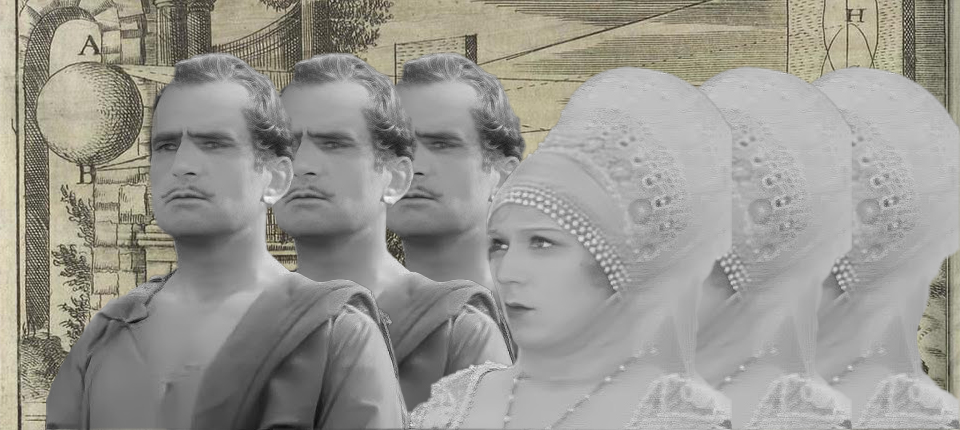At the start of her preface to this book – a slim, attractive hardback with high-quality paper costing only €12 – Carme López Mercader announces that it will be the last volume produced by the Spanish publishing house Reino de Redonda, “created by Javier Marías, with whom I shared this project and with whom I shared my life”. In the series of short chapters that follow, Duelo sin brújula (Grief with No Compass) describes the feelings of constant despair that she has experienced since the death in 2022 of Marías, her late husband.
López Mercader’s chief concern throughout is to lay bare the all-consuming dreadfulness of her grief, as well as debunking accepted notions about the successive stages of the grieving process. But she also records observations concerning the acclaimed Spanish novelist that prove to be of some interest.
The book contains nothing so indiscreet as a shock revelation. Most of its depictions of Marías present an avuncular figure who excels at imitating accents, gets on well with children and clutters the apartment with toy soldiers and other figurines. The novelist’s widow tends to confirm idiosyncrasies and preferences of Marías that are already familiar to readers of his journalistic articles, such as his typically Spanish lack of curiosity about the names of plants and trees, or his dislike of accounts of dreams in fictional works. At one stage López Mercader explicitly states her intention to remain silent about everything that Marías never revealed about himself.
Despite this protective reticence, the book contains some suggestive hints, as when its author reports on just how much Marías claimed to enjoy the process of writing his novels – a relish some might feel is made manifest in the pleasing volubility of his style. Readers familiar with Marías’s work will also smile on learning that at the end of a guided tour of Shandy Hall, the former home of Laurence Sterne, the Spanish novelist was presented with a cutting from an anodyne plant in the garden, which he and his wife tended devotedly at home in Spain for many years.
On one occasion López Mercader unexpectedly unveils evidence of a sterner streak in the man she loved. Faced with a welter of requests to speak or write about her husband after his death, she refuses to do so, in the knowledge that Marías would have advised her to follow his own example and “make enemies” of all those who pried.
A translation of this curious coda seems unlikely, but it will appeal to Marías completists and fervent admirers of his work.
The post Late style appeared first on TLS.

 By Times Literary Supplement | Created at 2024-10-29 21:41:39 | Updated at 2024-10-30 09:30:23
6 days ago
By Times Literary Supplement | Created at 2024-10-29 21:41:39 | Updated at 2024-10-30 09:30:23
6 days ago



